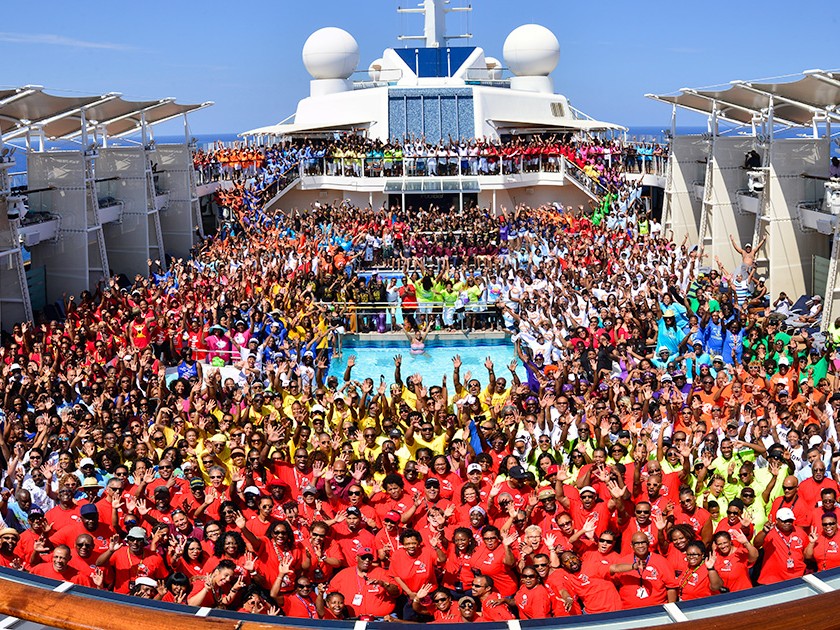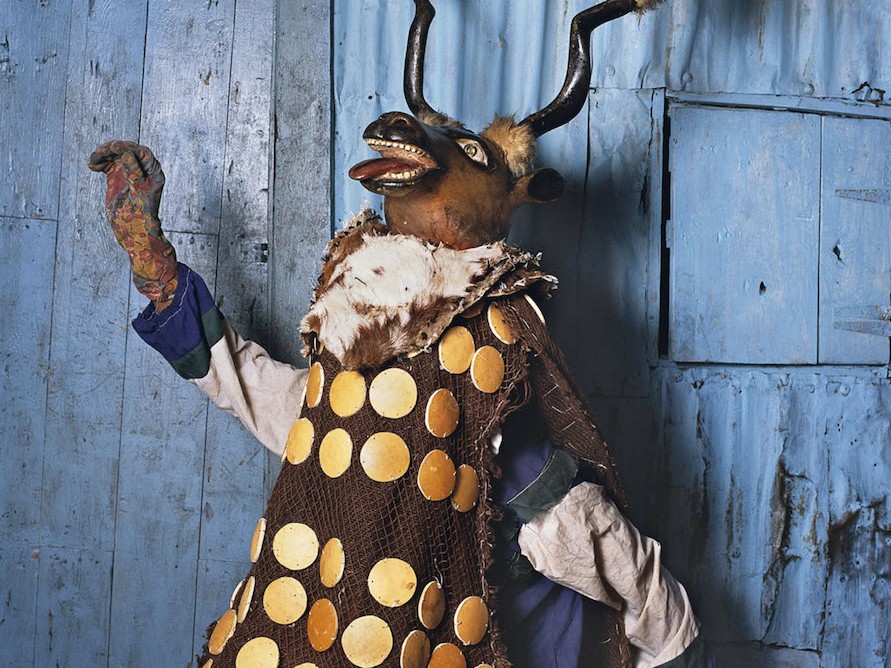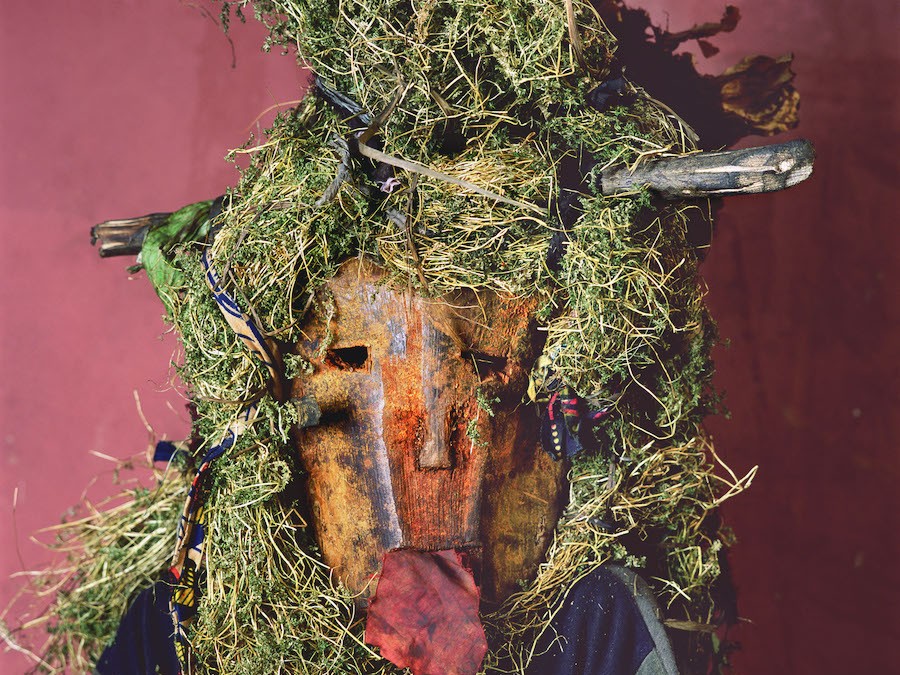Share this!
The Land of Sunrises and Sunsets: A Malawi Travel Guide
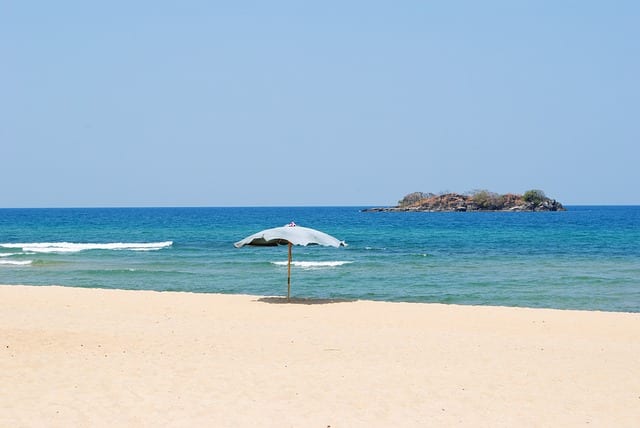
A landlocked country with a rich Bantu heritage prior to colonization, the Republic of Malawi is a wonderful country to visit and contribute to its fast developing tourist economy. What the country lacks in development, it makes-up with the warm hospitality of its people and spectacular sunsets that will blow you away. The reason it is known as “the warm heart of Africa”. The hospitality of the people is surely a good enough reason to visit this beautiful land of lakes, white sandy beaches, and jungles teeming with wildlife?
If this isn’t enough to tempt you to visit Malawi, this little country has been considered the “kindest country to strangers in the world” (World Economic Forum) as well as the “one of the safest places to travel in Africa”. What more could you want of a country laden with wildlife, laid back swimming and water-based activities in the lap of nature?
Malawi – the Land of Sunrise and Sunsets with the “Fire Flames”
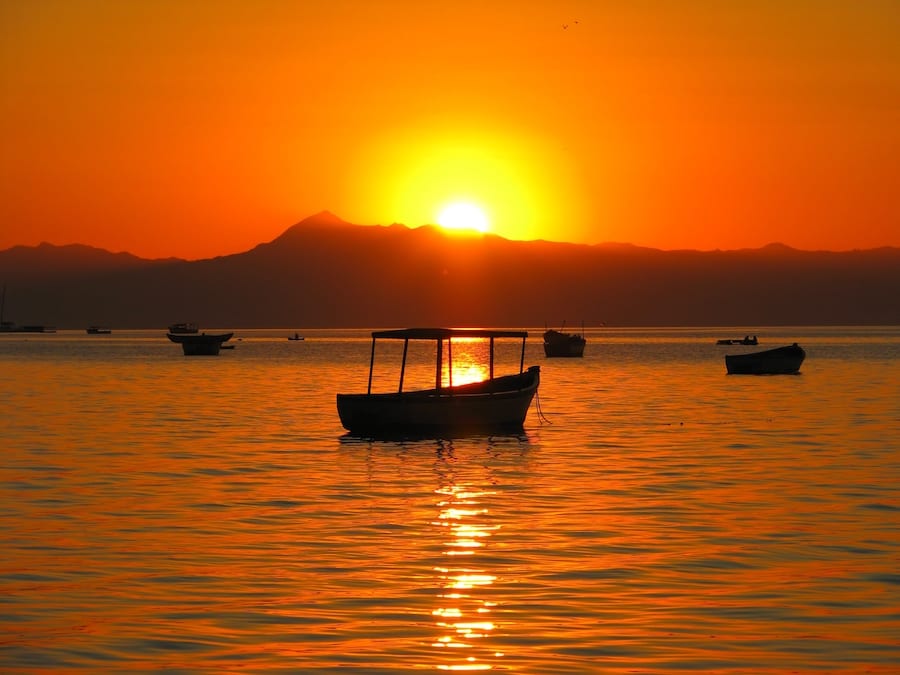
The name “Malawi” has its roots in the Marawi kingdom of the 16th century that also gave the vast lake, occupying 20% of the country, its name.
Marawi means “fire flames”, symbolizing the rising sun visible above the waters of the lake.This is mirrored in the flag of the country.where the sun also represents the dawn of hope when the country gained its independence from colonial rule.
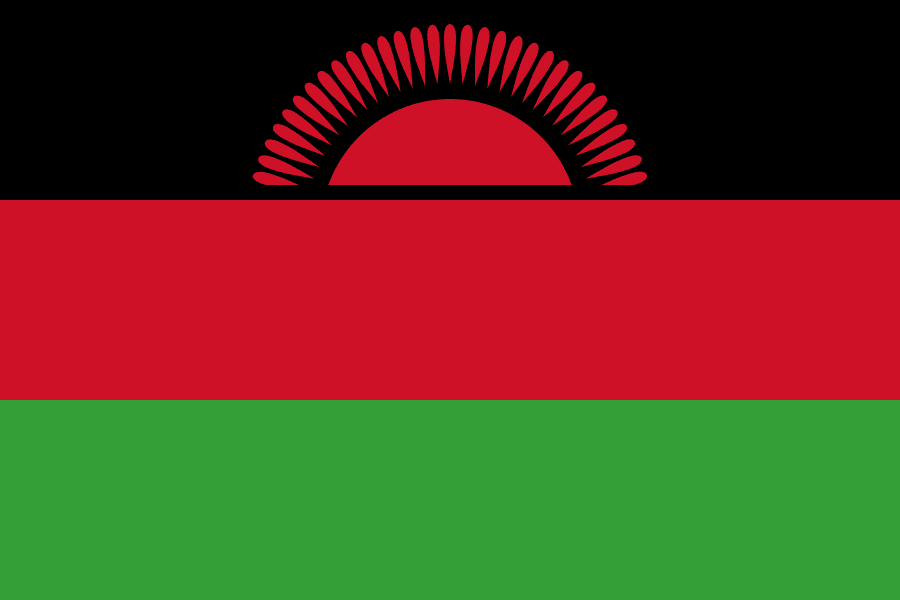
Malawi is a land of geographical diversity, with the Great Rift Valley cutting through the landscape to create the Lake Malawi, a unique clear water lake teeming with colorful cichlid fish. In the south are the peaks of the Mt Mulanje and the Zomba Plateau; its dense forests and wildlife making it a popular hiking destination. While the Majete Wildlife Reserve and Liwonde National Park are the places to go for wildlife viewing, the Lake Malawi itself makes a standalone visit for an overall African experience.
When to go
Like every other tropical country, Malawi has two distinctive seasons – hot wet summer (November – April) and cold dry winter (May to October). As most of Malawi is a plateau region with heights reaching up to 3000 ft, it can be very cold during the winter months. So if you are planning to visit during winter, head out to the shores of Lake Malawi for warm, sunny and pleasant beach weather. This is also the best time for game viewing as the vegetation is thinned-out compelling animals to converge along rivers and waterholes.
So undoubtedly, the winter season is the best time to visit Malawi, whether for an R&R, adventure activities or wildlife viewing. Summers are best avoided for the extreme heat and humidity, impassable roads and risks of malaria.
Where to go
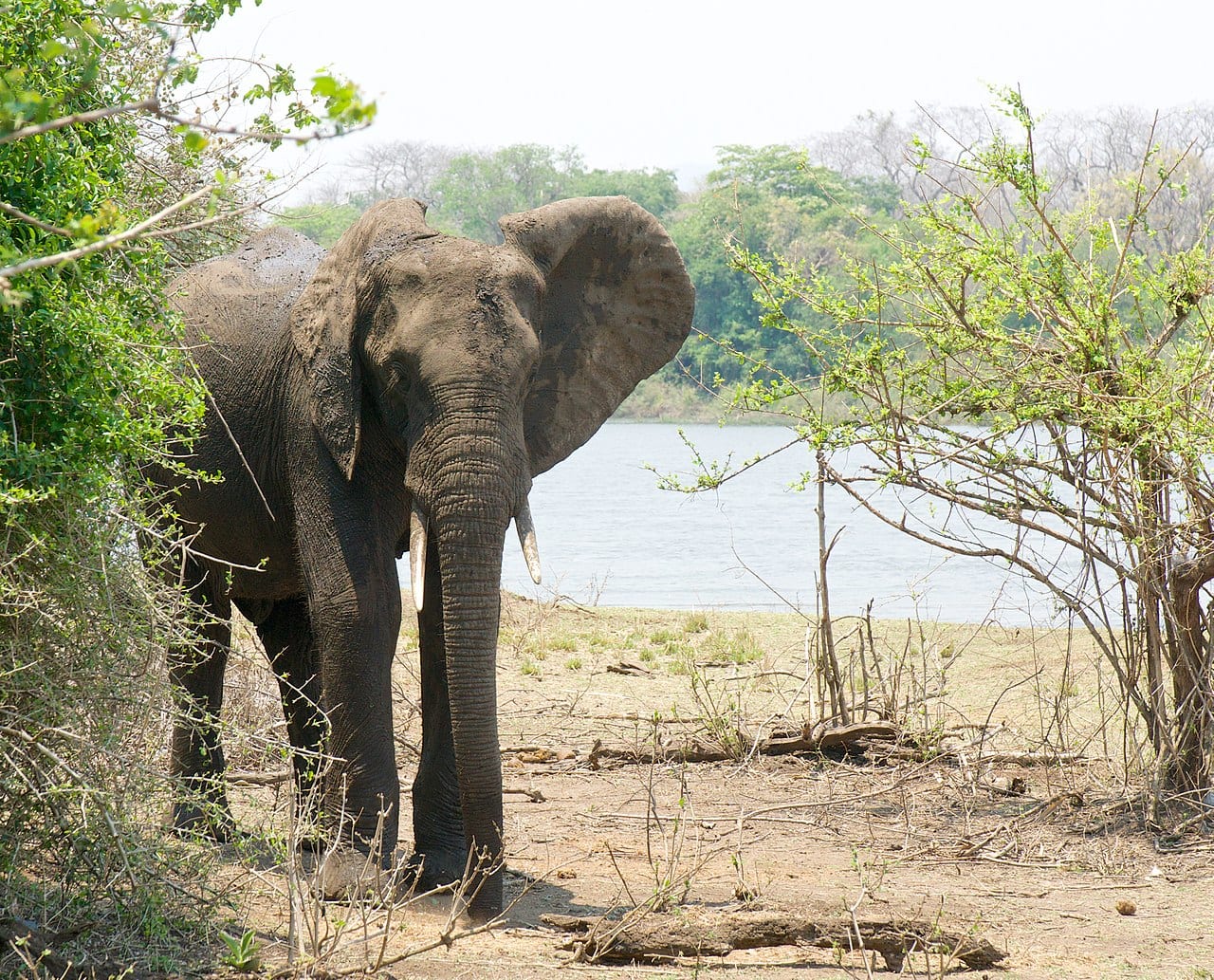
Lake Malawi gets all the votes, for its many resorts and fishing villages offering dedicated tourist activities and comforts. From honeymooners to adventure enthusiasts and water sports fanatics, you will come across all demographies of travelers at Malawi. Cape Maclear is popular for its sandy beaches, water sports and surrounding wildlife. Liwonde National Park is where to go for the best game viewing, while the Majete Wildlife Reserve is the proverbial Big Five region. Mount Mulanje is not only Central Africa’s highest peak, but a great hiking destination for its network of trails meandering through cedar forests dotted with spectacular waterfalls and cutting across tea plantations. The grassland habitat of Nyika National Park offers great hiking and biking adventures with wildlife viewing on-the-go.
What to do
Malawi offers you the opportunity to see Africa at its native best. With stays in the midst of fishing villages and rustic resorts, and adventure activities to choose from, a visit to Malawi will not fail to enthrall you. The warmth of the people and the spectacular views will forever be etched in your minds. Whether you indulge in any of these activities, or laze on the beach to the sounds of the waters lapping the shores, you can expect a holiday of a lifetime.
Culture tours
History buffs will like to check out the many museums and rock art sites – the Cultural Museum Centre at Karonga, the Nsembe heritage site for a peep into indigenous traditions, the Lake Malawi Museum and the ancient rock art sites at Chongoni and Dedza.
The Lake of Stars Festival is an international African festival help during September-October every year, a great time to witness the local music scene in a festival setting.
A must-do is a homestay with a local family or organized stay at a village to witness first-hand the warmth of the Malawian people and get up-close with their culture including music, dance and food scene. In particular, the mask dances and vibrant music scene are a must-witness.
Diving

The clear, warm and tideless water of the Lake Malawi is home to the largest number of fish species in the world. It has almost 750 species, with 90 % of them endemic to the region. The lake has abundant rock formations, with a 30 m visibility during the months of August to December. This is why Lake Malawi is considered one of the best freshwater diving destinations in the world. With various diving sites and shore lodges offering diving equipment and guide, this is a must-try activity for every visitor to Malawi. What makes the diving experience so special is the presence of the vividly colored cichlid fish.
Water sports
From lazing on a sandy beach and swimming in the crystal clear waters, to yachting and cruising the lake; Lake Malawi offers plenty of water adventures. Visit hidden coves and small uninhabited islands, or camp overnight or a beach. Stay in a tent and light a bonfire under the starry skies, and watch the lake dotted with fishermen’s lanterns for magical evenings.
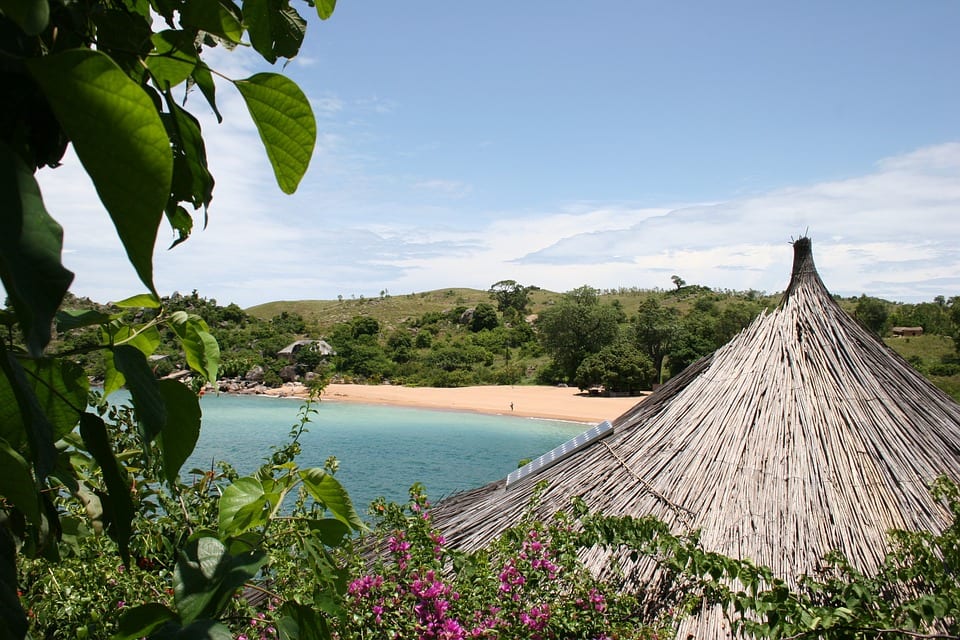
Safaris
Wildlife enthusiasts cannot be disappointed too. The two national parks offer 4×4 game drives, or walking safaris to view wildlife up close. The Shire River also offers boating safaris for close views of animals along the river shores.
Bird watching
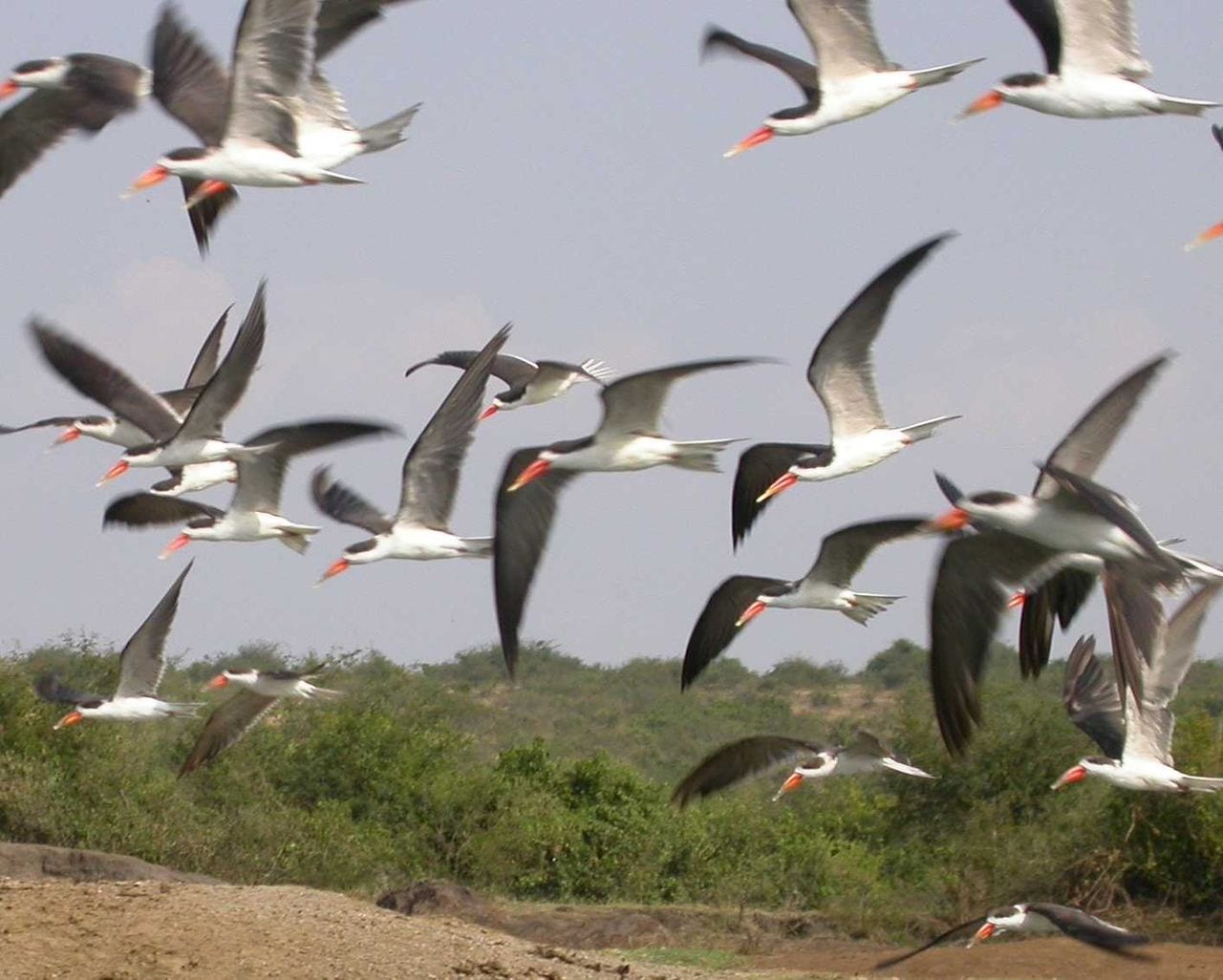
With more than 650 identified bird species, many of which are native to the region, Malawi is easily a bird watcher’s paradise. The country’s location close to the equator falls in the route of migratory birds from Europe and Asia. While birding sites are listed for the convenience of birdwatchers, one can even avail of specialized birding tours with stays at birding lodges.
Although there is no single season of the year for birdwatching, birdwatching season is late September – April, before the rains set in. The plumage of th birds are their most colorful during this period.
Cuisine
The abundance of fish makes it a predominant part of the cuisine. Like other African countries, the food is dominated by maize, millet, cassava, groundnuts and corn. Although fresh fruits are easily available, you must take the time to savor its many fish-based dishes freshly sourced from the lake, rivers and swamps.




